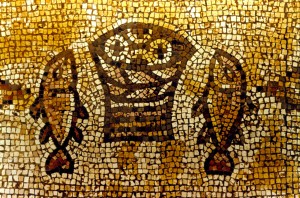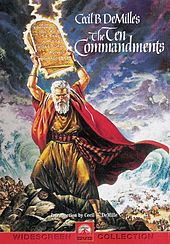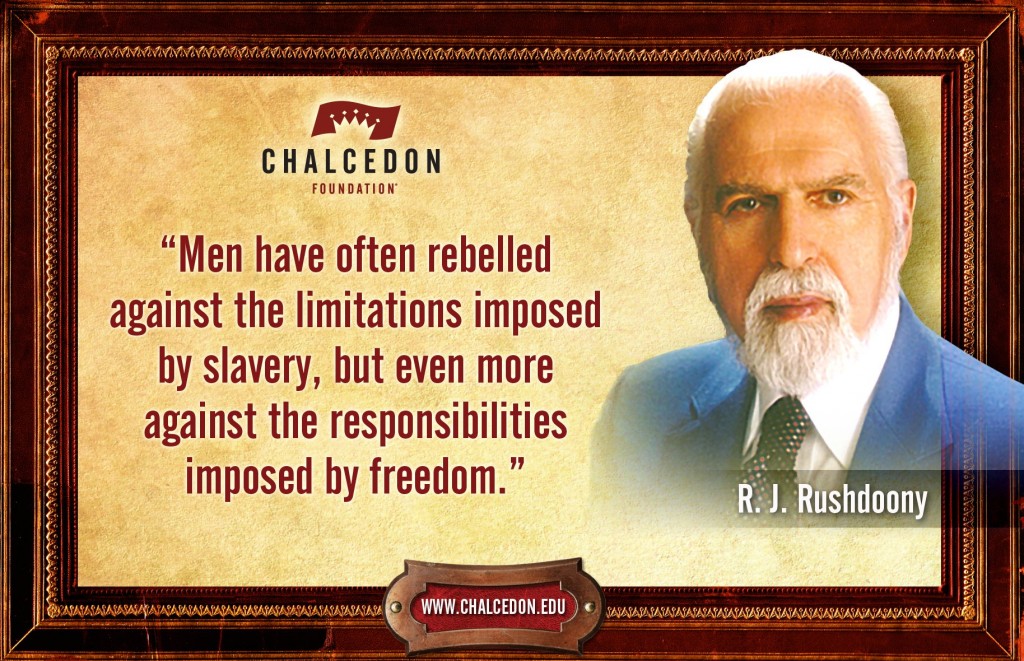After this Jesus went away to the other side of the Sea of Galilee, which is the Sea of Tiberias. And a large crowd was following him, because they saw the signs that he was doing on the sick. Jesus went up on the mountain, and there he sat down with his disciples. Now the Passover, the feast of the Jews, was at hand. Lifting up his eyes, then, and seeing that a large crowd was coming toward him, Jesus said to Philip, “Where are we to buy bread, so that these people may eat?” He said this to test him, for he himself knew what he would do. Philip answered him, “Two hundred denarii worth of bread would not be enough for each of them to get a little.” One of his disciples, Andrew, Simon Peter’s brother, said to him, “There is a boy here who has five barley loaves and two fish, but what are they for so many?” Jesus said, “Have the people sit down.” Now there was much grass in the place. So the men sat down, about five thousand in number (John 6:1-10 ESV).
 This story is recognizably sacramental in every telling of it in the four gospels. Passover is mentioned. The people are divided in fifties as they were after the Exodus. Jesus action of taking the bread, blessing, and breaking are similar to the description of how Jesus act at his last supper.
This story is recognizably sacramental in every telling of it in the four gospels. Passover is mentioned. The people are divided in fifties as they were after the Exodus. Jesus action of taking the bread, blessing, and breaking are similar to the description of how Jesus act at his last supper.
And, to point out he obvious, the Lord did not only feed adults. “And those who ate were about five thousand men, besides women and children.” (Matthew 14.21). Likewise, at the first Passover, everyone who needed food was invited to eat, every mouth with no exception made for children.
Tell all the congregation of Israel that on the tenth day of this month every man shall take a lamb according to their fathers’ houses, a lamb for a household. And if the household is too small for a lamb, then he and his nearest neighbor shall take according to the number of persons; according to what each can eat you shall make your count for the lamb (Exodus 12:3-4 ESV).
Some people have even claimed that one had to learn and recite certain lessons in order to be allowed to partake in Passover. But the Bible teaches exactly the opposite, children were supposed to partake in Passover in order to learn the important lessons:
And when your children say to you, ‘What do you mean by this service?’ you shall say, ‘It is the sacrifice of the LORD’s Passover, for he passed over the houses of the people of Israel in Egypt, when he struck the Egyptians but spared our houses.’” And the people bowed their heads and worshiped (Exodus 12:26-27; ESV)
Paul writes: ”
The cup of blessing that we bless, is it not a participation in the blood of Christ? The bread that we break, is it not a participation in the body of Christ? Because there is one bread, we who are many are one body, for we all partake of the one bread. Consider the people of Israel: are not those who eat the sacrifices participants in the altar? (1 Corinthians 10:16-18 ESV)
And were children excluded from that altar? No.
“You shall count seven weeks. Begin to count the seven weeks from the time the sickle is first put to the standing grain. Then you shall keep the Feast of Weeks to the LORD your God with the tribute of a freewill offering from your hand, which you shall give as the LORD your God blesses you. And you shall rejoice before the LORD your God, you and your son and your daughter, your male servant and your female servant, the Levite who is within your towns, the sojourner, the fatherless, and the widow who are among you, at the place that the LORD your God will choose, to make his name dwell there. You shall remember that you were a slave in Egypt; and you shall be careful to observe these statutes.
“You shall keep the Feast of Booths seven days, when you have gathered in the produce from your threshing floor and your winepress. You shall rejoice in your feast, you and your son and your daughter, your male servant and your female servant, the Levite, the sojourner, the fatherless, and the widow who are within your towns. For seven days you shall keep the feast to the LORD your God at the place that the LORD will choose, because the LORD your God will bless you in all your produce and in all the work of your hands, so that you will be altogether joyful (Deuteronomy 16:9-15 ESV).
Nowhere in Scripture does the Bible give us an age limit. One can infer that children would not eat solid food before they were ready to eat solid food. But the idea that there is some mental development test simply isn’t found anywhere in the Bible. 1 Corinthians 12 doesn’t make any such rule, but on the contrary, warns people who have the power to do so to not prevent other Christians from full participation.
When we partake in the Lord’s supper, we too are being gathered to Jesus and nourished by him. We are being cared for and protected by our king.
Our baptized children are loved by Jesus. He accepts their token gifts into his offering plate (and we don’t have to fear because this story applies to mature self-conscious betrayal, not childish wondering). When they are able to mimic, they too recite the Lord’s Prayer which is a prayer for Jesus’ disciples–because they are his disciples. And he himself feeds them food and drink.
They are supposed to grow up knowing this. They are supposed to know that, even though they are young, Jesus not only wants to feed them, but is willing to accept their gifts and use them in his kingdom.

 People know that the Gospel promises forgiveness for sins. They know that sins are violations of God’s will. So they naturally look for ways to describe God’s will that was violated and distinguish it from God’s will that people find forgiveness for these violations through Jesus and what he did.
People know that the Gospel promises forgiveness for sins. They know that sins are violations of God’s will. So they naturally look for ways to describe God’s will that was violated and distinguish it from God’s will that people find forgiveness for these violations through Jesus and what he did.


 THE OBLIGATION OF BAPTISM.
THE OBLIGATION OF BAPTISM.